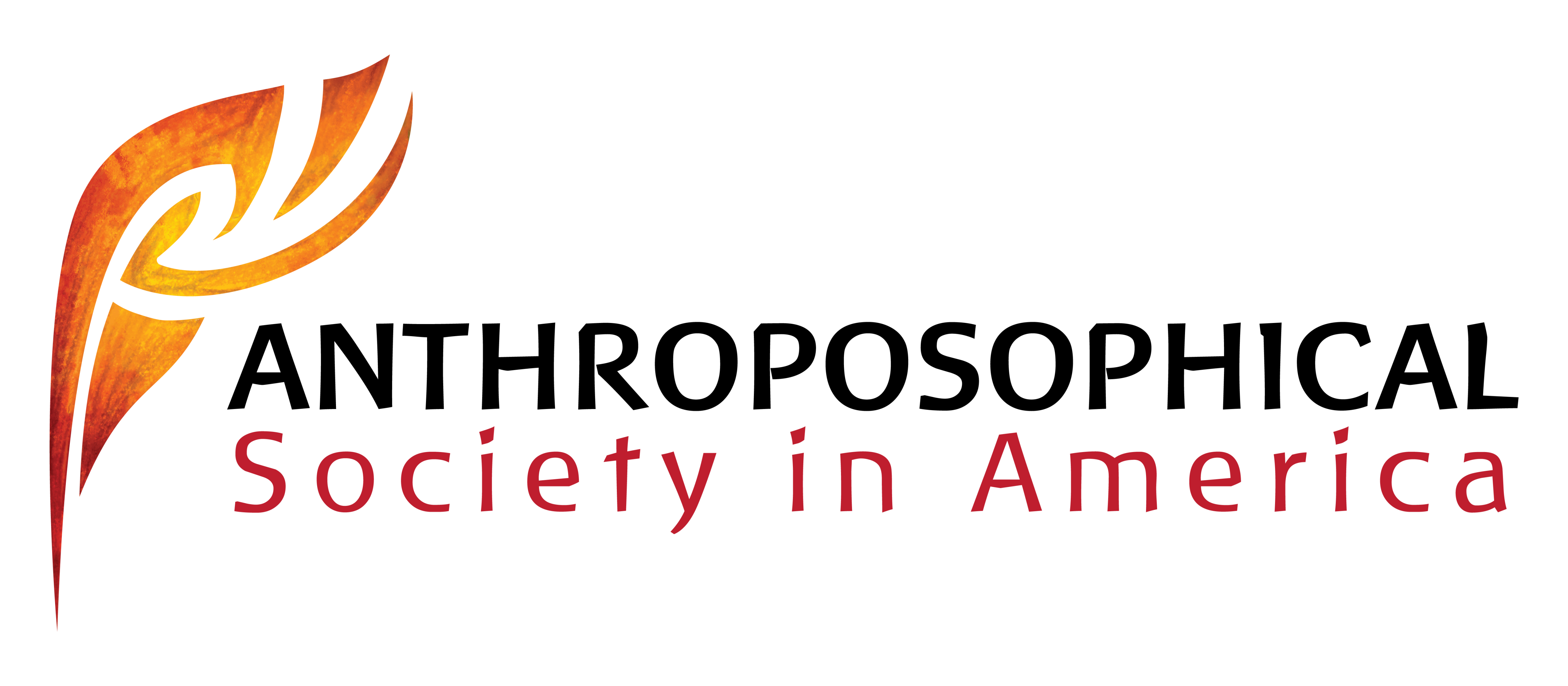Seeing — Reading — Writing: Transforming Our Relationship to Language and Nature
Jul 15, 2023 9:00AM—Jul 16, 2023 1:00PM
Location
The Nature Institute, 20 May Hill Road, Ghent, New York 12075
Cost $50-$200 (sliding scale)
Event Contact The Nature Institute | Email
Categories Eastern Region US, Workshop
A Workshop with Ryan Shea and Scott Edward Anderson
Saturday, July 15 (9 am – 5:30 pm) and Sunday, July 16 (9 am – 1 pm)
The botanist and Native American writer Robin Wall Kimmerer once asked, “Can we make a new world with new words?” In this workshop, we seek to transform our relationship to words in order to bring us into closer attentive union with nature, focusing on the world of plants. We use multiple short texts from great authors as prismatic windows through which we can learn to see the individual from many perspectives as the dynamic, complex, and contextual beings they are.
By transforming how we use human language in relationship to particular plants, reading then becomes a practice of attending to the concrete appearances of nature. We will also work with a way of writing that leaves behind ego-centered self-expression and strives rather to enter into conversation with nature through plants. How might our words express something of the inner character of this milkweed here, that oak there? We aim to bring the mute natural beings we encounter to expression, to find a disclosive way of speaking that does justice to them. Writing becomes a practice of cultivating a “silence in which another voice may speak.”
To register, please email info@natureinstitute.org or call The Nature Institute at 518-672-0116.
About the Workshop Facilitators
Ryan Shea is an associate researcher and educator at The Nature Institute. He is an eco-philosopher trained in the classical liberal arts of reading and in the history and philosophy of science. Before coming to The Nature Institute, he was professor of philosophy and interdisciplinary humanities at Providence College for eight years, where he taught courses on philosophy of science, environmental philosophy, and nature writing. His primary project is to inquire into the “meaning” of nature and what it might mean to read the “book of nature” in a participatory, contemplative, phenomenological, and poetic fashion.
Scott Edward Anderson is an award-winning eco-poet, essayist, and translator. Author of Wine-Dark Sea: New & Selected Poems & Translations, Azorean Suite/Suite Açoriana, the Nautilus Award-winning Dwelling: an ecopoem, and two books of nonfiction, including Falling Up: A Memoir of Second Chances and Walks in Nature’s Empire. He has been a Concordia Fellow at Millay Arts and received the Letras Levadas/PEN Açores Award, the Nebraska Review Award, and the Larry Aldrich Emerging Poets Award. He is currently the Poet Laureate of the Ryan Observatory at Muddy Run, PA, and divides his time between the Berkshires and his ancestral island of São Miguel in the Azores. Anderson is developing a writing practice he’s calling “Deep Attention” to help us form insights and become more receptive to the poetry of our everyday lives and bring it into our writing.
